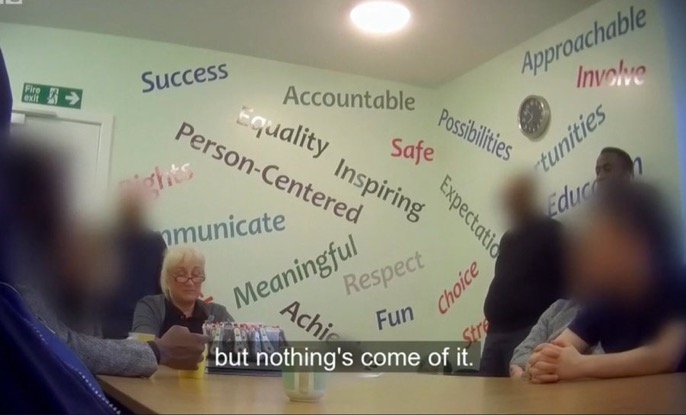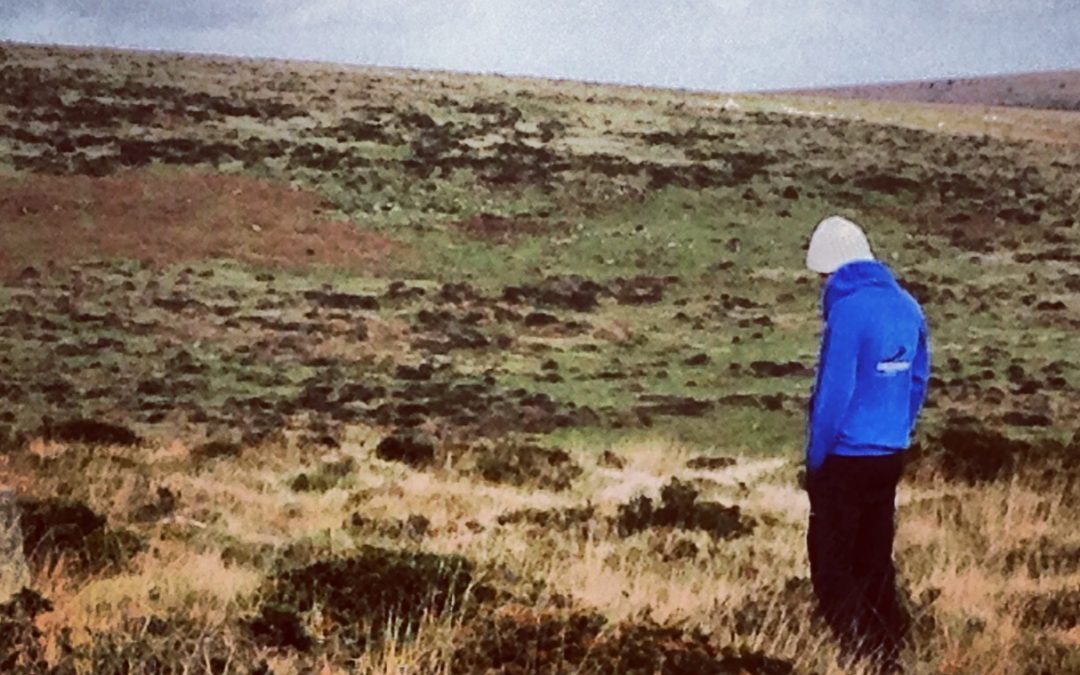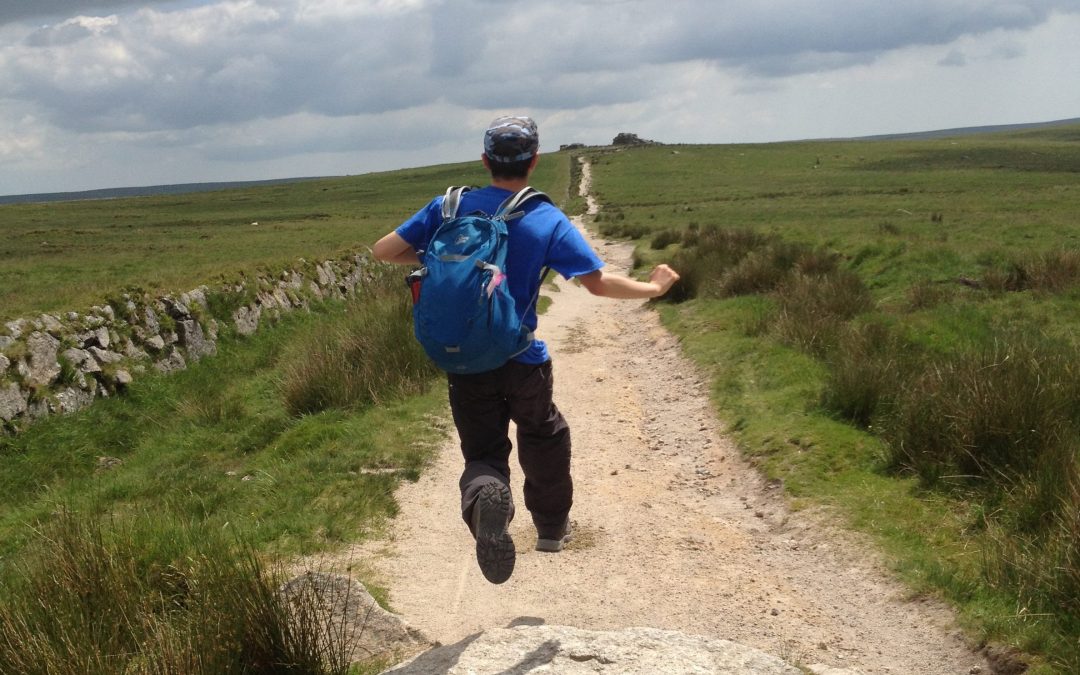This is the long version of why we started The Family Support Project. The reasons are intertwined with my eldest son’s life and so first a brief introduction to him. I’m going to call him JJ in this blog. That’s not his name, but as he now an adult I may be criticised if I make him identifiable. JJ is related to the initials of a nickname I had for him when he was a baby and so it feels as if it might belong to him. JJ has autism, severe learning disabilities and is non-verbal. For a period his life was a fantastic list of small-yet-big achievements where his disabilities didn’t prevent him leading a full life. He was communicating well using an electronic talker and surfing all year round. He was at the centre of a noisy, slightly chaotic but loving family. Life was good.
Then JJ turned 15, teenage hormones hit, he developed epilepsy, started showing signs of catatonia and suddenly everything became a lot harder for him. We battened down the hatches and there really wasn’t a lot to celebrate. Communication dropped through the floor, the talker was rejected and surfing pretty much stopped entirely. At this time JJ’s anxiety began to soar and his ability to self regulate more or less disappeared. When JJ’s anxiety rockets he very quickly reaches a stage at which he loses control. At this point he will hurt himself and those around him, as well as causing property damage (which we don’t generally care about, but obviously it can be an issue in some environments and so it narrowed his world). It was just as we switched from calm to not-calm that I met Des. We had a chance meeting at a BBQ I attended with JJ and then followed this up with further contact via Twitter. As JJ began to struggle Des invited me on a training course he was running as the director of D.ESCAL8 This was a 3 day workshop titled ‘Developing Positive Relationships with Individuals in Distress’ and arrived just in the nick of time. Shortly afterwards JJ reached the stage where he required 24 hour 2:1 care. The workshop did not magic away the issues we were dealing with but it gave me the understanding and resilience to cope and keep JJ at home for the 8 months it took to set up a suitable 24 hour 2:1 support package close to home. This was aided by my husband and the respite and school support team around JJ also being trained by Des.
For a while the close to home support package worked well and it seemed we had successfully negotiated the troubled times. Unfortunately his provider sold out to a large hedge fund backed corporate who served JJ with very short notice. This meant he lost his home and his support and ultimately resulted in his spending nearly a year and half in an ATU far from home. In common with many patients with learning disabilities in these places he should never have been there. JJ’s life is now cautiously on the up. His trauma from the ATU admission is still very real and there is an awful lot of damage to unpick but he has a fabulous (non-corporate) team around him and we have more hope than we have had for a long time. I feel that finally JJ is surrounded by a whole team, including (in fact especially) directors, who have rock solid values, who recognise him as human and who see his life as important and worthwhile. He is no longer a profit generating commodity. More on those politics another day, probably quite a lot more. Prior to JJ returning home his new team were trained by Des. For 3 days I felt cocooned by being in a room of people all sharing the same values. It doesn’t happen all that often in everyday life. Slowly further parts of JJ’s story will be told but for this post back to the long introduction to The Family Support Project.
So who, what and why? The other pages of the website explain who we are and what The Family Support Project is. The why maybe takes more explanation but over the last few years as JJ’s distress has increased I have come into contact with too many other families experiencing similar. Families are nearly always left to deal with these situations with limited resources, zero training and little (if any) time away to recharge batteries. Des and I discussed ways in which we might be able to make the training accessible to more people. It has taken a considerable time to pull everything together. We initially started The Family Support Project a number of years ago, ran some courses and then had to put the project on hold for a couple of years while I trekked up and down to an ATU the other side of the country. Our aim however remains the same as it was at the beginning – we want to give families the resilience to be able to support their loved ones who are in distress. The aim of the project is to allow other families to access the same training from Des that we had and thus be enabled to support their family members.
The other obvious question is why D.ESCAL8 rather than another training programme? Quite simply because D.ESCAL8 is different. It is a training that focuses on relationships and supporting relationships at times of distress. I have been on courses run by other training programmes and they have not been useful. In the heat of the moment I have not been able to remember what I am ‘supposed’ to do and attempts to constrain and restrain have just escalated already fraught situations. Des’ D.ESCAL8 approach taught me to let go of my need to be in control, to stop thinking about winning and losing and to think about strategies that might support people living in distress. It is often a need for control that leads to poor decisions being made and the simple act of being able to let go of that can revolutionise the way those with learning disabilities are supported.
If I had to summarise why I wanted to work with Des to increase access to D.ESCAL8 it is simply because it is the only training I have accessed that has fully matched my beliefs and focus as a parent, where the course content recognises the value of those with learning disabilities and is focused on making things better for them as a priority. Many courses barely consider the experience of the person with learning disabilities. For Des this is central.
Our initial aim is to be in a position where we can run regular training sessions. We are setting up as a social enterprise and our long term plan is to become a CIC. This may take a while. Currently we are working with various charities and parent led groups to run workshops. Some of these are only open to members of the particular group that are hosting the courses but we are also aiming to run regular open workshops that anyone is welcome to attend. We are also available for consultancy work. We are investigating various ways of providing this that would reduce travel costs. If you have any suggestions please get in contact.
And so the hard first post is written. Please do get in touch with ideas.



